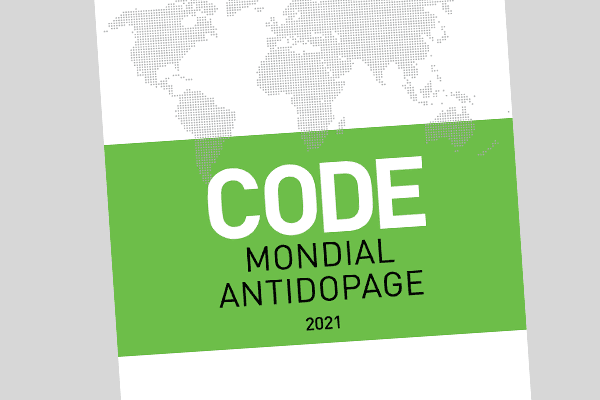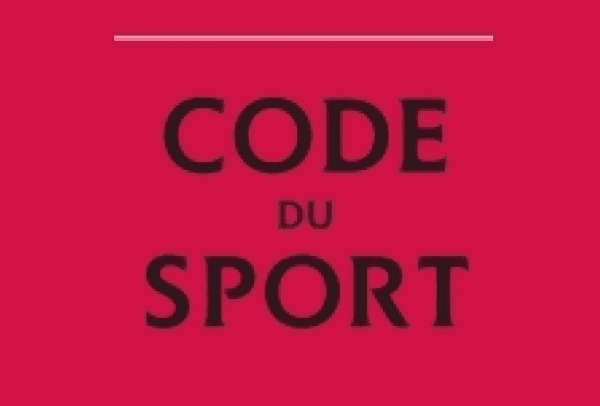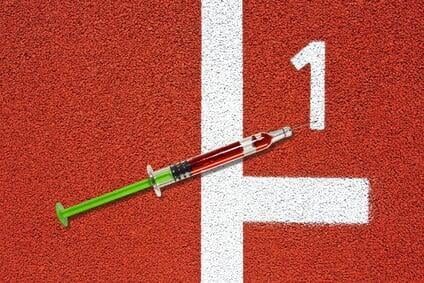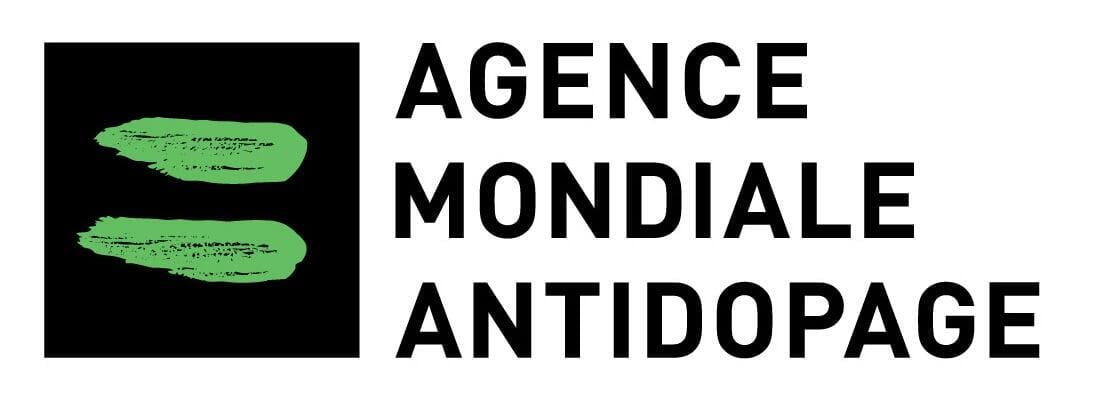Reminder of the founding texts on the fight against doping
The repression of acts of doping in France is governed by the Sports Code.
This regime is the product of a transposition of the provisions of the World Anti-Doping Code to which France committed by ratifying the UNESCO International Convention against Doping in Sport adopted in Paris on October 19, 2005.
The most recent transposition results from theOrdinance No. 2021-488 of April 21, 2021 entered into force on May 31.
Positive doping control and notification of abnormal analysis report
- the analysis result of Sample A is positive and the Athlete has not requested analysis of Sample B;
- the analytical result of sample B confirms the presence of the prohibited substance detected in sample A.
When the French Anti-Doping Agency (AFLD) has information to identify a presumption of anti-doping rule violation (ADRV), such as the presence of prohibited substances in a sample, the Secretary General shall inform the 'interested (L.232-21-1 and s. Sport Code) by a letter from "notification of an alleged anti-doping rule violation".
Analysis of sample B
Therapeutic Use Exemption (TUE): definition
The disciplinary procedure before the French Agency for the Fight against Doping (AFLD)
The competence of the AFLD College to initiate disciplinary proceedings in the event of a positive doping control
If the sports federations have had competence for a long time to sanction acts of doping, it is the French Agency for the fight against doping (AFLD) which now has the power to sanction since the Ordinance of 19 December 2018 n ° 2018- 1178 (L. 232-22 Sports Code).
Thus by virtue of Article L. 232-22 paragraph 3 of the Sports Code, "When the college decides to initiate proceedings under this article, the secretary general of the Agency shall notify the grievances to the person concerned, as well as a proposal for entry into the process of administrative composition.."
The entry proposal in the process of administrative composition
The Secretary General of the Agency sends the interested party a entry proposal in the process of administrative composition.La administrative composition or waiver of the hearing (R. 232-88 to R.232-89-1 of the Sports Code) allows the athlete to enter into an agreement with the secretary general of AFLD.
By this agreement, the athlete undertakes to recognize the infraction and to accept the consequences..
Notification of grievances to the AFLD Sanctions Commission
In parallel with this proposal for entry into administrative composition, the AFLD College initiates disciplinary proceedings against the person concerned.
If the administrative composition is successful, the College validates the agreement concluded between the person concerned and the Secretary General of the Agency.If the administrative composition fails, the AFLD college submits the notification of grievances is sent to the Sanctions Commission who may pronounce disciplinary sanctions if necessary, after sending the athlete a letter of notification of grievances.
Doping controls at international sporting events
During international events, it is the international federations that are competent to carry out checks and carry out sanctions. AFLD retains jurisdiction under the conditions set out in article L. 232-16 of the Sports Code :
"On the occasion of an international sporting event, the French Anti-Doping Agency can:
1 ° At the request of the international sports organization responsible for the event, carry out checks on the site of the event on behalf of this organization. In addition, it may take additional samples or request the laboratory responsible for analyzing them to perform additional types of analysis. It informs the international body;2 ° After having obtained the agreement of the competent international body or, failing that, of the World Anti-Doping Agency, carry out additional controls on the site of the international sporting event;
3 ° Diligent controls outside the site of the event, coordinating with the international body responsible for the event.
These controls are carried out under the conditions provided for in Articles L. 232-12, L. 232-13-1, L. 232-13-2 and L. 232-14 to L. 232-14-4."
Appeal to the Council of State or the Court of Arbitration for Sport
Recall that the disciplinary prescription in matters of doping is ten (10) years :
"The disciplinary action is prescribed by ten years completed from the date of the violation of the provisions of this chapter. This period is interrupted by any act of investigation or prosecution.
During this period, the agency may have analyzes carried out on the samples taken, of which it has custody."
On the same theme, see the following articles:
[24.02.2021]









